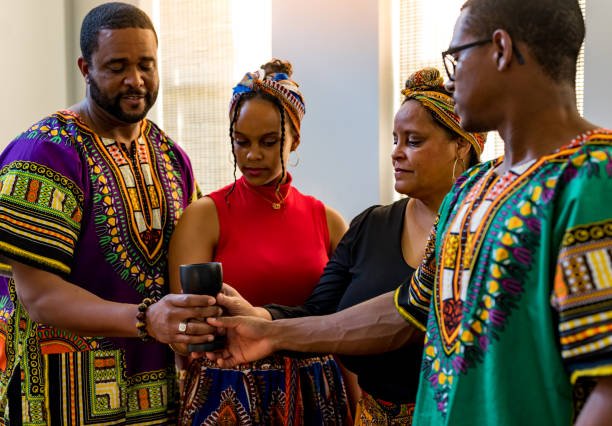The story of the African Diaspora in America is one of resilience, creativity, and transformation. From the arrival of enslaved Africans in the 17th century to today’s thriving Black communities, the African diaspora has shaped the very foundation of American culture, politics, and identity.
This article explores the history, struggles, and cultural contributions of the African diaspora in the United States, and why its legacy remains so vital today.
Historical Roots of the African Diaspora in America
The African diaspora in America began with the transatlantic slave trade in the early 1600s. Millions of Africans were forcibly taken from West and Central Africa and transported across the Atlantic, with a significant portion brought to the Americas.
- Enslavement (1619–1865): Africans and their descendants endured centuries of slavery, building much of the economic foundation of the United States, particularly in agriculture and trade.
- Emancipation (1865): The end of the Civil War and the 13th Amendment abolished slavery, but systemic racism and segregation persisted.
- The Great Migration (1916–1970): Millions of African Americans moved from the rural South to urban centers in the North and West, shaping cities like Chicago, Detroit, and New York.
Cultural Contributions of the African Diaspora
The African diaspora in America has profoundly influenced every aspect of American life.
Music and Arts
African Americans pioneered some of the world’s most influential genres:
- Jazz, Blues, and Gospel — Rooted in African rhythms and spirituals.
- Hip-Hop and Rap — Emerging from the Bronx in the 1970s, hip-hop is now a global phenomenon.
- R&B and Soul — Icons like Aretha Franklin and Stevie Wonder shaped American music history.
Food Traditions
African foodways merged with Southern ingredients to create soul food dishes like fried chicken, collard greens, cornbread, and black-eyed peas remain cultural staples.
Literature and Thought
Writers such as Langston Hughes, Toni Morrison, Maya Angelou, and Ta-Nehisi Coates have given voice to African American experiences, addressing identity, resilience, and justice.
Sports and Influence
From Jackie Robinson to Serena Williams and LeBron James, African Americans have redefined excellence in athletics while using their platforms to advocate for social change.
Struggles and Triumphs
The African diaspora in America has faced centuries of systemic oppression, but has continually fought for justice and equality.
- Civil Rights Movement (1950s–60s): Leaders like Martin Luther King Jr., Rosa Parks, and Malcolm X demanded racial equality and transformed U.S. laws on segregation and voting rights.
- Modern Movements: Black Lives Matter and other grassroots organizations continue to fight against racial injustice, police brutality, and inequality.
- Representation Today: African Americans are more visible in politics, media, and business than ever before, with historic milestones such as the election of President Barack Obama.
The Global Connection of the African Diaspora
The African diaspora in America is part of a larger global African diaspora, with strong ties to the Caribbean, Africa, and Latin America. These connections have fostered shared cultural identities, music, and political movements. Today, cultural exchanges continue to strengthen links between African Americans and African nations.
Looking Ahead
The future of the African diaspora in America is one of continued growth, creativity, and resilience. Despite ongoing challenges such as systemic inequality and racial disparities, the African diaspora remains a powerful force in shaping America’s future.
From the rhythms of jazz and hip-hop to the struggles for justice and equality, the African diaspora is not just a part of American history it is the heartbeat of the nation.
Conclusion
The African diaspora in America represents a story of survival, innovation, and cultural brilliance. Through centuries of hardship and triumph, African Americans have profoundly shaped the nation’s identity and inspired movements worldwide.

